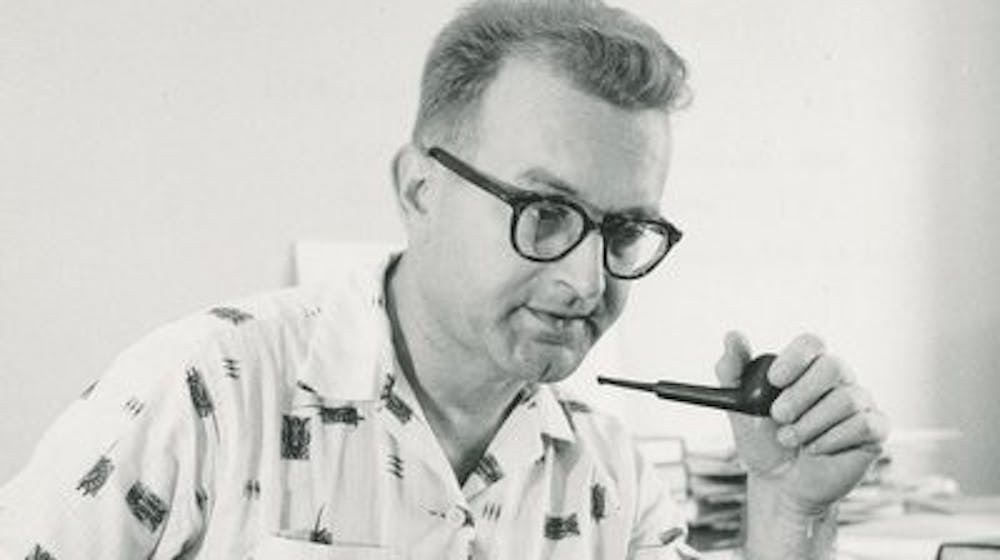After 50 years of research and study of archives, diaries, journals and government documents, Wayne Flynt is an expert on Alabama.
Flynt spoke at Auburn Tuesday, Nov. 27 as part of a lecture tour on American poverty. Poverty is one of his specialties, especially Southern poverty.
The main focus of Flynt's lecture was the role Alabama played in the civil rights movement.
"I've spent a lot of time in England and China, visiting research scholars and Hong Kong Baptist University," Flynt said. "I had also lectured all across China and various places inside China."
Flynt was looking forward to these lectures because he believed many international students would attend.
Flynt expected the international students to know the story better than American students because it is the trigger that played a part in the Arab Spring as well as civil rights movements in India and China.
"The movement is not dead; it is alive and well and has spread all over the world," Flynt said. "It is Alabama's great gift to the world."
David Carter, associate professor and graduate program officer, was a colleague of Flynt's in Auburn University's Department of History.
Carter said he and Flynt have similar interests regarding civil rights in Alabama, and Flynt even helped Carter with his doctoral work.
"He was very influential on my thoughts about civil rights in Alabama," Carter said.
Flynt has narrowed his main focus to Alabama's role in the civil rights movement because of three major events that took place: the Montgomery Bus Boycott from 1955-1956, the Birmingham Campaign from the spring of 1963 and the three Selma to Montgomery marches in 1965.
"I think he is an example of a Southern historian who has tried to understand the place where he was raised and spent the great majority of his life," Carter said. "I think a number of Southern historians have been fascinated and sometimes repulsed by our history."
Flynt discussed Martin Luther King Jr. as well as Ralph Abernathy in his lecture, but he also focused on the local organizations and leaders that played a part in the civil rights movement instead of only the "big stars."
"He sees the connection between history and the present," Carter said.
Specific to Auburn, Flynt's current place of residence, he discussed the integration of Auburn in 1964 when Harold A. Franklin was enrolled.
"I think what I have learned most from him is to admire what I see as a combination of his scholarship and his activism," Carter said. "All of the things he has learned about Southern and Alabama history, he has channeled that in the direction of progressive reform."
Do you like this story? The Plainsman doesn't accept money from tuition or student fees, and we don't charge a subscription fee. But you can donate to support The Plainsman.





